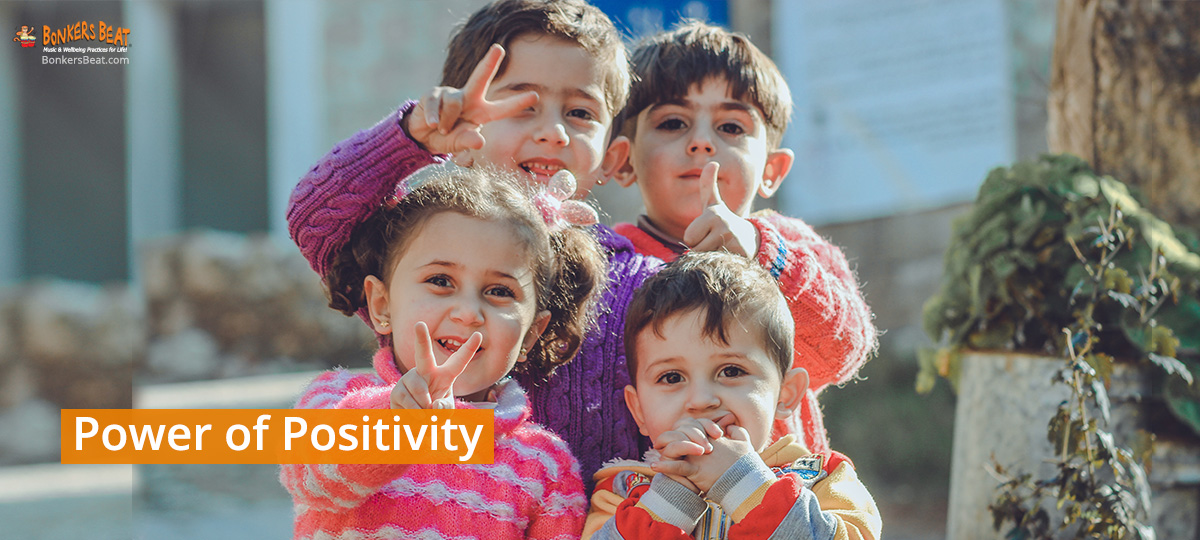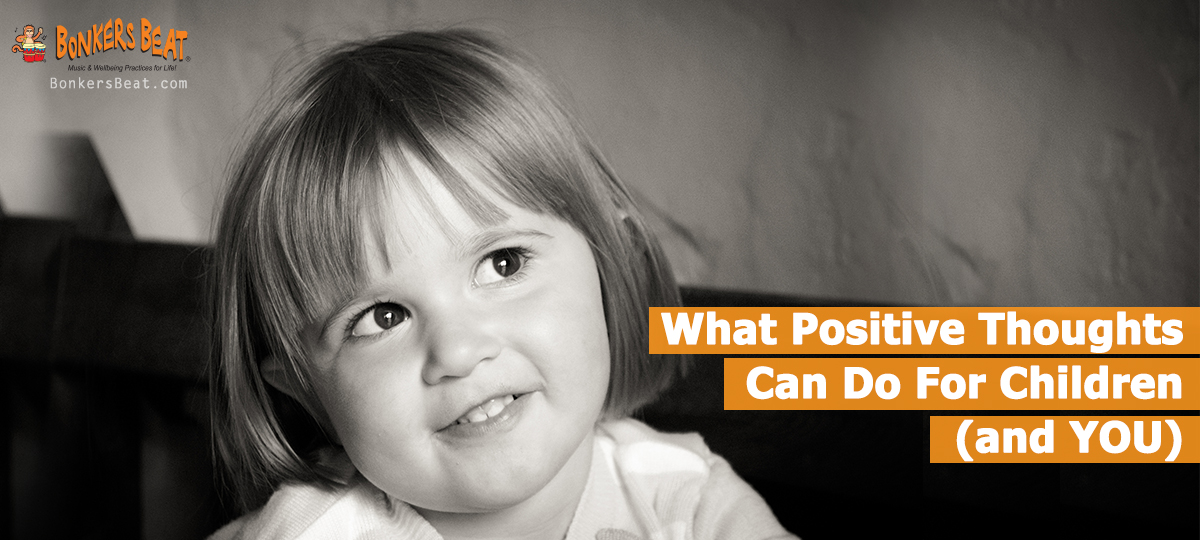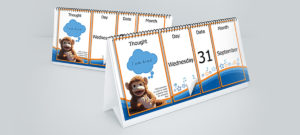There’s no shortage of research to support the power of positivity. Whether it’s positive thinking, affirmations or reframing, the benefits of positivity in your life are undeniable.
Early childhood is a great time to start enjoying these benefits. As educators we can help children to harness the power of positivity, as well as reminding ourselves to stay positive too.
Benefits Of Positive Thinking For Children (and Educators!)
Backed by research, the benefits of positive thinking make it a very worthwhile venture with so much to gain. Benefits include:
Building resilience: The ability to see the bright side can enable children to bounce back from setbacks more effectively and build their resilience. Resilience is associated with lower rates of depression, longer life and satisfaction.
Boosting self-esteem: Sometimes we don’t feel great about ourselves or feel like we are happy with who we are. Same goes for children. Rewire a child’s subconscious by embedding positive thoughts about themselves.
Improving mental health: Children have many similar issues to face in their lives just as adults do – anxiety, low self-esteem, depression. Tackle them with fresh, positive perspectives on life and ourselves.
Instilling values: A positive voice inside a child’s head can help guide them in understanding the right and wrong way to approach issues and other people.
Promoting happiness: Encouraging children to use positive thinking can better equip them to see the good things in their lives and help them feel happier and more satisfied in their lives.
Use positive thoughts each day and incorporate them as a mantra in meditation time with children to get a noticeable outcome faster. Practising positive thinking in a mindful way such as through meditation can help it to stick.
Incorporating positive thoughts into children’s lives (and our own) can only produce a beneficial outcome – so why not give it a try?!
You will be able to get your own Calendar of Positive Thoughts here. We also share some positive thoughts and affirmations on our social media pages. Make sure you’re following us on Facebook, Instagram and Twitter!




